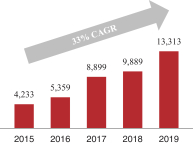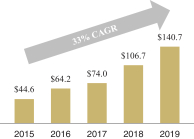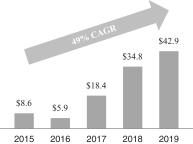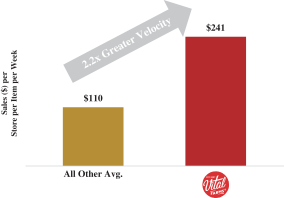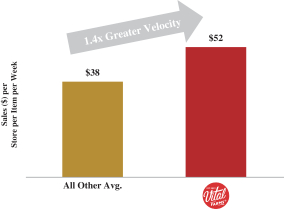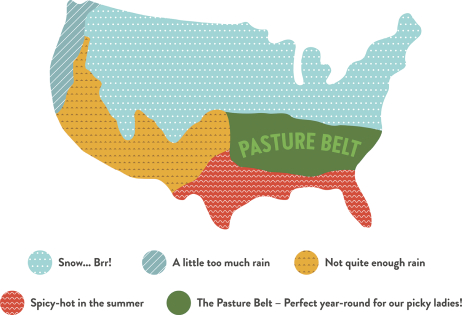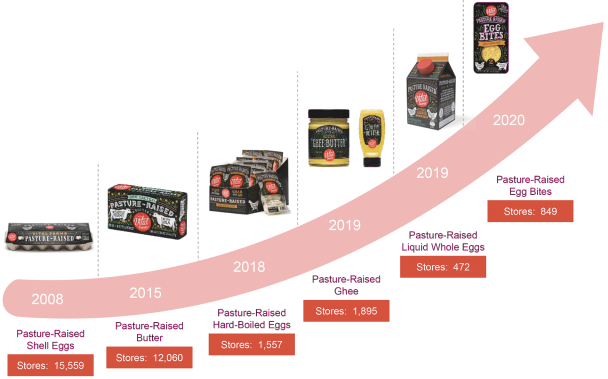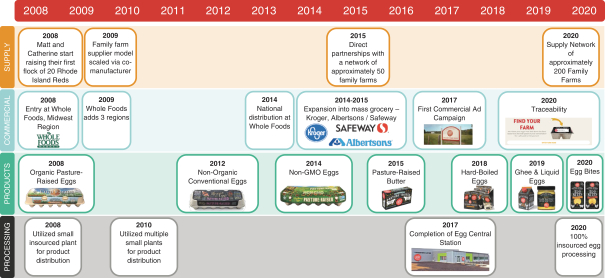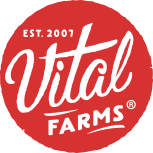including fines, injunctions, recalls or seizures, warning letters, restrictions on the marketing or manufacturing of products, or refusals to permit the import or export of products, as well as potential criminal sanctions, which could result in increased operating costs resulting in a material effect on our operating results and business. See the section titled “Business—Government Regulation.”
Changes in existing laws or regulations, or the adoption of new laws or regulations may increase our costs and otherwise adversely affect our business, results of operations and financial condition.
The manufacture and marketing of food products is highly regulated. We, our suppliers and co-manufacturers are subject to a variety of laws and regulations. These laws and regulations apply to many aspects of our business, including the manufacture, packaging, labeling, distribution, advertising, sale, quality and safety of our products, as well as the health and safety of our crew members and the protection of the environment.
In the United States, we are subject to regulation by various government agencies, including the FDA, the USDA, the Federal Trade Commission, or FTC, the Occupational Safety and Health Administration, or OSHA, and the Environmental Protection Agency, or EPA, as well as various state and local agencies. We are also regulated outside the United States by various international regulatory bodies. In addition, we are subject to certain standards, such as GFSI standards and review by voluntary organizations, such as the Council of Better Business Bureaus’ National Advertising Division. We could incur costs, including fines, penalties and third-party claims, because of any violations of, or liabilities under, such requirements, including any competitor or consumer challenges relating to compliance with such requirements. For example, in connection with the marketing and advertisement of our products, we could be the target of claims relating to false or deceptive advertising, including under the auspices of the FTC and the consumer protection statutes of some states.
The regulatory environment in which we operate could change significantly and adversely in the future. Any change in manufacturing, labeling or packaging requirements for our products may lead to an increase in costs or interruptions in production, either of which could adversely affect our operations and financial condition. New or revised government laws and regulations could result in additional compliance costs and, in the event of non-compliance, civil remedies, including fines, injunctions, withdrawals, recalls or seizures and confiscations, as well as potential criminal sanctions, any of which may adversely affect our business, financial condition and results of operations.
Failure by our network of family farms, suppliers of raw materials or co-manufacturers to comply with food safety, environmental or other laws and regulations, or with the specifications and requirements of our products, may disrupt our supply of products and adversely affect our business.
If our network of family farms, suppliers or co-manufacturers fail to comply with food safety, environmental, health and safety or other laws and regulations, or face allegations of non-compliance, their operations may be disrupted and our reputation could be harmed. Additionally, the farms and co-manufacturers are required to maintain the quality of our products and to comply with our standards and specifications. In the event of actual or alleged non-compliance, we might be forced to find alternative farms, suppliers or co-manufacturers and we may be subject to lawsuits and/or regulatory enforcement actions related to such non-compliance by the farms, suppliers and co-manufacturers. As a result, our supply of pasture-raised eggs and other raw materials or finished inventory could be disrupted or our costs could increase, which would adversely affect our business, results of operations and financial condition. The failure of any partner farmer or co-manufacturer to produce products that conform to our standards could adversely affect our reputation in the marketplace and result in product recalls, product liability claims, government or third-party actions and economic loss. For example, in December 2019, our co-manufacturer for hard-boiled eggs conducted a voluntary Class I recall of all hard-boiled eggs produced at its facility, including ours, due to a potential listeria contamination at the production facility. Additionally, actions we may take to mitigate the impact of any disruption or potential disruption in our supply of pasture-raised eggs and other raw materials or finished
38

